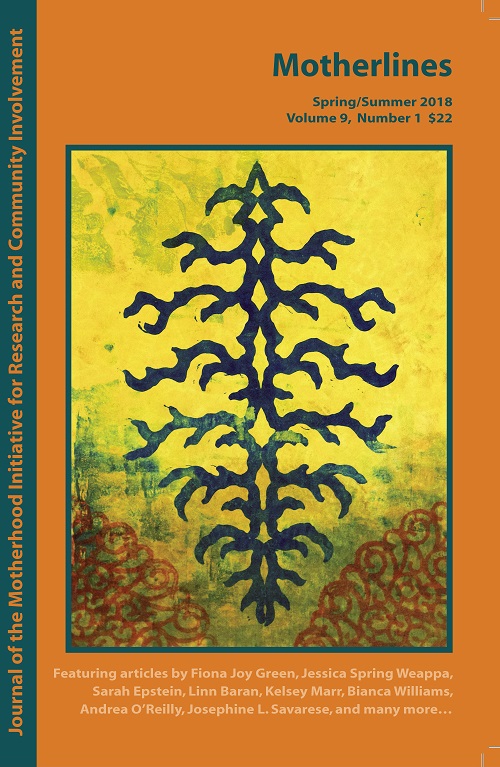Mothering in the Aftermath of Forced Marriage and Wartime Rape: The Complexities of Motherhood in Postwar Northern Uganda
Abstract
During northern Uganda’s civil war (1986-2007), the abduction, forced marriage, and impregnation of females was a key military strategy of the Lord’s Resistance Army (LRA). The LRA abducted an estimated sixty thousand children—30 percent of which were girls—who were used as combatants, porters, domestic workers, and were forced to marry male commanders. Roughly ten thousand of these abducted girls became pregnant from sexual violence, and gave birth to two or more children each. This paper explores the realities of mothering in the aftermath of wartime sexual violence. Drawing upon interviews with a sample of twenty-seven northern Ugandan mothers who bore children as a result of wartime rape, the paper explores the ambivalence and complexities of mothering in the postwar period—including sexual violence, pregnancy and mothering during LRA captivity, as well as stigma and rejection, and changing family structures in the postwar period. The paper highlights the ways in which war shapes and informs all aspects of mothering—both during and following the conflict—and how it alters how women come to understand their life stories as part of the motherline. We conclude with key implications for service provision and policy.Downloads
How to Cite
Issue
Section
License
All intellectual property in relation to material included on this site belongs to the Motherhood Initiative for Research and Community Involvement (MIRCI). All material on this site is protected by Canadian and international copyright and other intellectual property laws. Users may not do anything which interferes with or breaches those laws or the intellectual property rights in the material. All materials on the Motherhood Initiative for Research and Community Involvement (MIRCI) are copyrighted and all rights are reserved. Any reproduction, modification, publication, transmission, transfer, sale, distribution, display or exploitation of the information, in any form or by any means, or its storage in a retrieval system, whether in whole or in part, without the express written permission of the Motherhood Initiative for Research and Community Involvement (MIRCI) is prohibited. Please contact us for permission to reproduce any of our materials. This site may include third party content which is subject to that third party's terms and conditions of use.


